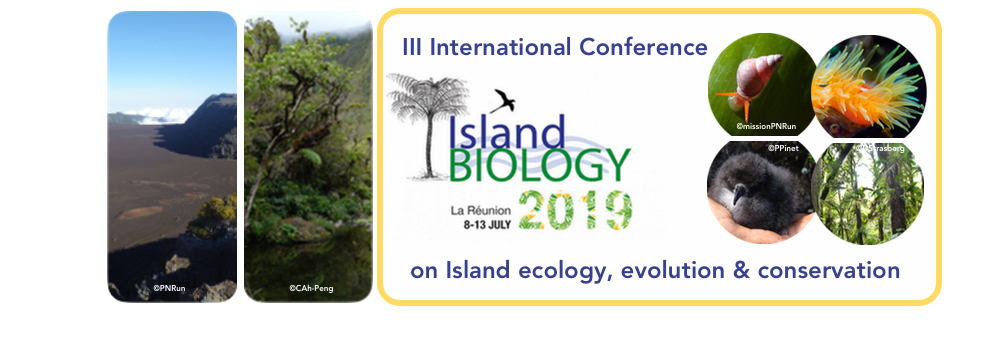Mauritius has a long history of direct and indirect defaunation, either through hunting and harvesting of native animals, or the introduction of invasive species and logging of native forests. The native forests have become scarce, which has resulted in a conflict between commercial fruit growers and the endemic Endangered Mauritian flying fox Pteropus niger. It is the last of the three remaining large seed dispersers that still performs an important ecological function. This function is essential for the passive regeneration of the forest, but it is disrupted by P. niger's most important food competitior: The invasive crab-eating macaque Macaca fascicularis. Macaques are known to compete with P. niger for native fruit, halt native plant reproduction and native forest regeneration and are likely to further fuel the human-wildlife conflict. This study aimed to create a deeper understanding of the impact of introduced macaques on fruit availability to P. niger and how this impact affects the ongoing conflict between fruit growers and P. niger. Additionally, this study aimed to assess the native plant richness in remnant forests. The study showed that M. fascicularis completely halts the reproduction of certain native species by destroying unripe fruit. Furthermore, M. fascicularis greatly limits the availability of native fruits to P. niger, likely forcing P. niger to feed in commercial plantations. However, it is still unclear how big the macaque population is and how much damage to native plants they cause at the island scale, indicating the need for a more in-depth study of the ecology of M. fascicularis. Furthermore, the study showed P. niger feeds in remnant forests across the island and that a specific plant species can fruit asynchronously depending on its geographic location. More research into these fruiting patterns is needed to understand the role that forest remnants play in providing certain fruits to P. niger at a certain time of the year when it would not be available elsewhere. Ultimately, restoring remnant forests and removing invasive macaques could serve as tools to increase the availability of native fruit to P. niger, potentially reducing the conflict between P. niger and fruit growers.

|
|
|
|
The feeding competition between the Mauritian flying fox Pteropus niger and the invasive crab-eating macaque Macaca fascicularis
1 : University of Bristol [Bristol]
(UOB)
Senate House, Tyndall Avenue, Bristol BS8 1TH -
United Kingdom
|
| Online user: 61 | RSS Feed |

|
 PDF version
PDF version